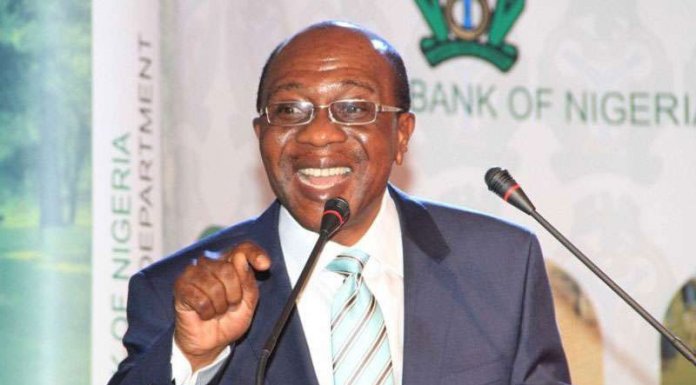More facts have emerged as to why the National Assembly could not be lobbied to allow for the approval of the President Mohammed Buhari’s $29.9bn external borrowing plan.
It would be recalled that on Tuesday, November 1, 2016, the senate rejected President Mohammed Buhari’s $29.9bn external borrowing plan over a period of three years.
The rejection, according to the Senate was not unconnected with what it described as poor packaging and ill timed as critical ingredients including roadmap on usage and repayment plan were not tidied up before presentation.
In an interview, Chief Reuben Orjiako, a senior Lagos lawyer likened the rejection by lawmakers to what usually happens when a lawyer tenders an exhibit with poor establishment of credible background.
He said “What happened to the $30bn loan request was a case of taking the lawmakers and by extension, Nigerians for granted”.
“The federal economic team, if it really exists, did an initial bad job and in situations like this, there is always no chance of making amends.
Orjiako explained that “In a law court, a lawyer may have a strong evidence that can turn a case around in his favour, but if he trivializes the presentation by way of laying a weak background before tendering it, a smart lawyer can rely on the carelessness and knock it out, thus forcing the lawyer to lose a case he suppose to win seamlessly. Many a time, there is always no second chance; meaning that the hitherto credible evidence is dead. This is what happened to the loan scheme”.
But in its preliminary reaction when it observed that the deal is dead, the presidency stated that the rejection of the proposed $30 billion loan would in no way affect the implementation of the 2017 budget.
While addressing journalists in Abuja midweek, the special assistant to the president on National Assembly matters (Senate), Senator Ita Enang, said the 2017 budget would be successfully implemented without the loan.
According to him, “On the request by Mr. President for approval to take a loan, remember that this $30bn request was not what was to be spent in 2016, 2017 or 2018; it was a projection for three years.
“Therefore, the Senate has remitted it back to the Mr. President, requesting further details.
“It is still pending in the House of Representatives. Now, the legislative process is still pending. I am sure you can observe in recent times the level of consultation between the arms of government and the leadership level of the Senate as well as at the level of the sub-committees; and between the ministers and the committees.
“These are all intended to address and resolve any question, which could be thorny in any of the requests made by the executive.”
Continuing, Enag argued that “The president and the executive governors cannot proceed to take loans, because loans will become the responsibility of the entire nation to pay. And don’t also forget that the request by Mr President was not only for the Federal Government to spend.
“Even if a state government wants to take a loan, it has to be approved by the National Assembly.
“So, the request by the various state governments to take loans for various projects was also contained therein. It is still undergoing consideration and consultation at the apex and sub levels.
“Mr. President has assented to a little over 30 bills within one year and six months of the inauguration of this present National Assembly, and this surpasses every record that has been set by the legislature since the advent of democracy,” the former PDP lawmaker said.








